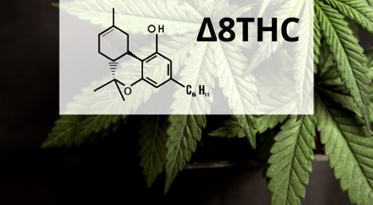Monetary Policy Rate is cut to 3.0% for Q3 2020
The Board of the Central Bank of Seychelles (CBS) has decided to cut the Monetary Policy Rate (MPR) to 3.0%. This is to support the domestic economy which due to the COVID-19 pandemic is facing significant challenges that have the ability to compromise financial stability. Economic activity has weakened to unprecedented levels following a shutdown of the tourism sector with a rebound being conditional on global economic recovery and a revival of the travel industry. Inflationary pressures are expected to rise in the short to medium term mainly as a result of the depreciation of the domestic currency, a development that followed a decline in the level of foreign exchange inflows. Consistent with this reduction in the MPR, the interest rate on the Standing Credit Facility (SCF) will be lowered to 6.0% whereas the interest rate on the Standing Deposit Facility (SDF) will remain unchanged at 1.0%.
The 1.0 percent reduction in the MPR complements the broader set of policy measures already announced by CBS to address the complex challenges brought about by COVID-19. These include the fall in domestic economic activity, direct loss of income from the services sector, private sector revenue constraints and labour market frictions. Consequently, it is expected that there will be greater reliance on the fisheries and manufacturing sectors as the main drivers of the economy in the short run, although earnings from these activities cannot fully compensate for the loss in revenue from tourism. In light of these concerns, economic growth is forecasted to contract by double-digits in 2020.
The decline in foreign exchange inflows since the second quarter of the year, coupled with the relatively strong demand, translated into a depreciation of the domestic currency which necessitated a drawdown of international reserves by CBS to support the market. This upward adjustment of the exchange rate is expected to impact on the cost of imports and further add to inflationary pressures going forward. Considering the high levels of external uncertainty with regards to a rebound of the tourism sector, a significant decrease in consumption at a national level and a shift in social behaviour are critical to dampening demand for foreign currency, maintaining stability in the exchange rate and prices, and setting optimal conditions for a recovery. On the external front, a general decline in global demand as a result of the COVID-19 pandemic has led to a fall in international commodity prices. In spite of anticipated increase as a result of production cuts, oil prices are expected to remain below 2019 levels. The outlook on food prices similarly indicates subdued inflationary pressures, but remains highly uncertain. A recovery of the domestic economy to pre-COVID-19 levels is conditional on a rebound of the global economy and a revival of the travel industry. As such, the reduction in economic activity is expected to persist in the short to medium term.
The main aim of the reduced MPR is to support a decline in interest rates as a means of alleviating future stress on borrowers, improve short run liquidity conditions and thus, sustain economic activity.
The decision to lower the MPR to 3.0% was taken at the Monetary Policy meeting held on June 22, 2020. The interest rate on the SDF will be kept at 1.0%, and that on the SCF will be reduced to 6.0%. In addition, the Board also gave its approval for the Minimum Reserve Requirement (MRR) on Rupee deposits to be lowered from 13% to 10%, should liquidity conditions warrant it. The CBS remains vigilant and stands ready to adjust its policies as needed to promote price stability.




